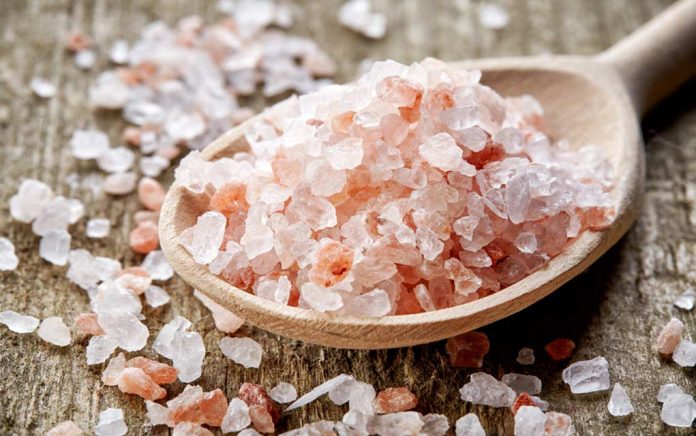
(HealthyResearch.com) – According to the World Health Organization (WHO), most people are guilty of consuming 9 to 12 grams of salt per day. The WHO has been making an effort to reduce the daily salt recommendation from no more than 5 grams per day to 3.5 grams per day by 2025 — and for good reason. Consuming too much salt is known to increase the risk of high blood pressure, heart disease, and stroke. Now, new research has found another new danger related to high salt intake. Let’s take a closer look at how high salt intake could be affecting your immune function.
The Link Between Salt and Our Immune Systems
Researchers at the University of Bonn have found that high salt intake is linked to decreased immune function. They observed the effects of a high-salt diet on mice and later on humans.
The researchers found that mice who were fed a high-salt diet experienced worse bacterial infections than a control group fed a normal amount. These mice were found to have 100 to 1,000 more times listeria infection-causing pathogens. Additionally, they healed more slowly from urinary tract infections.
Human volunteers who ate an extra 6 grams of salt each day exhibited signs of impaired immune systems.
The findings are contradictory to previous studies, which found that animals infected with skin parasites healed better while on a high-salt diet. This led previous researchers to the doubtful conclusion that salt generally had a positive effect on our immune system. The new findings call those conclusions to question now.
Understanding the Findings
Although not fully understood yet, scientists hypothesize that different immune cells have vastly different reactions to the salt content in our bodies. This may explain why past research indicated a positive effect of salt when it comes to fighting skin infections.
For example, macrophages, or anti-parasitic immune cells, performed better while in the presence of salt. On the other hand, granulocytes, common immune cells that primarily ward off bacteria, become less active in the presence of high salt concentrations.
Neutrophils, which play a key role in fighting off kidney infections, also become less active in those following a high salt diet. This may be due to the kidneys’ response to high salt intake. It leads to the production of glucocorticoids, which make neutrophils less effective at warding off bacteria. Glucocorticoids are used in the production of cortisone, which is used to suppress inflammation. In the University of Bonn study, both mice and humans experienced an increase in glucocorticoid levels when they were fed more salt.
Reducing your salt intake is not only good for your heart. It may also help your body ward off infections. It should be a priority now more than ever to keep our immune system in check and strengthen it in any way possible.
~Here’s to Your Health & Safety!
Copyright 2021, HealthyResearch.com
















